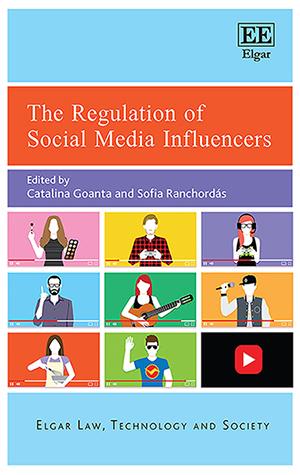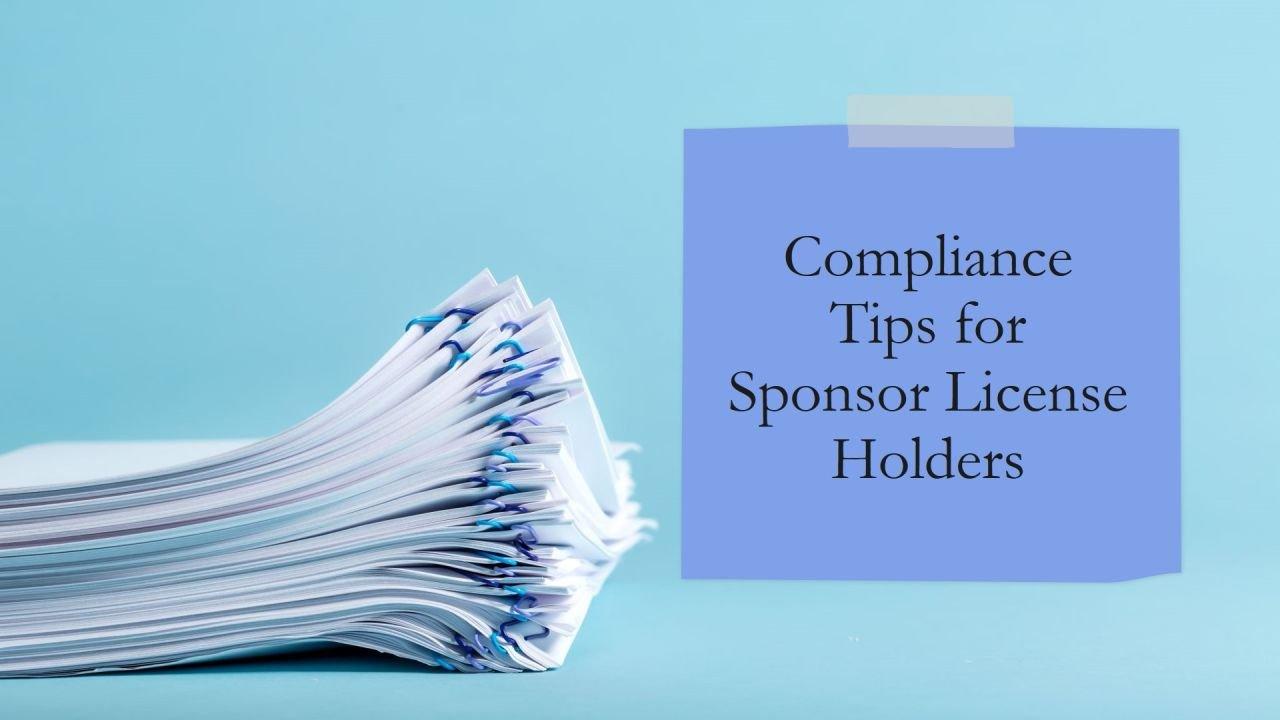
In the vibrant realm of social media,where creativity knows no bounds and influencer marketing reigns supreme,there lies a complex web of laws and regulations waiting to be untangled. As YouTube continues to thrive as a launchpad for aspiring influencers and brands alike,the intersection of digital content creation and legal frameworks becomes increasingly significant. From disclosure requirements to intellectual property rights, navigating the legal landscape of influencer marketing on YouTube can be a daunting task. In this article, we will unpack the intricacies of these regulations, offering a clear path through the often murky waters of compliance. Join us as we delve into the essential legal concepts every YouTube influencer and marketer should understand to cultivate authentic connections while safeguarding their creative pursuits.
Understanding the Legal Landscape of Influencer Marketing on YouTube
Influencer marketing on YouTube is a realm where creativity and legalities intertwine, making it crucial for creators and brands to navigate the complex laws governing this landscape effectively. The Federal Trade Commission (FTC) mandates clarity when it comes to endorsements, requiring influencers to disclose paid relationships with brands clearly. This means that creators must use explicit language like “ad,” “paid partnership,” or “sponsored” in their video descriptions and overlays. Failure to comply can lead to significant repercussions including fines and damaged reputations. To help influencers understand their responsibilities, here are essential guidelines they should adhere to:
- Clearly label sponsored content.
- Understand the FTC’s guidelines on disclosure.
- Maintain transparency with followers.
- Familiarize with platform-specific rules.
Additionally, copyright issues loom large in the influencer marketing world. Creators often utilize music, graphics, or clips that may not be their own, inadvertently infringing on copyright laws. To safeguard themselves, influencers should seek licenses for third-party content or opt for royalty-free resources. Developing a clear contract when collaborating with brands is also essential.This contract should outline deliverables, payment structures, and legal responsibilities, ensuring that both parties are protected. To visualize this further, the table below summarizes key legal elements to consider:
| legal Element | Description |
|---|---|
| Disclosure | Clear labeling of paid partnerships |
| Copyright | Licensing for non-original content |
| Contracts | Written agreements outlining terms |
| Compliance | Adherence to FTC regulations |

Key Regulations Every Influencer Should Know
As an influencer operating on platforms like YouTube,understanding the legal landscape is crucial for maintaining credibility and adhering to guidelines. The Federal Trade Commission (FTC) requires influencers to disclose their relationships with brands clearly. This means that when you endorse a product, you must inform your audience if compensation is involved. Disclosures should be made in a way that is easily noticeable and understandable. Typically, content creators can use phrases such as “sponsored by” or “paid partnership” prominently in their videos or descriptions, but it’s essential to ensure that these disclosures don’t get lost in the content. additionally, be aware of regulations surrounding copyright and intellectual property; using music, clips, or images without permission can lead to content removal or account suspension.
another essential area of regulation pertains to advertising standards. Adhering to the guidelines set forth by platforms, including YouTube, is vital. This includes avoiding misleading details in your content and being obvious about what viewers can genuinely expect from a product or service you promote. Below is a summary of key regulations every influencer should be familiar with:
| Regulation | Description |
|---|---|
| FTC Guidelines | Mandatory disclosure of paid partnerships and sponsored content. |
| Copyright Laws | Prohibits unauthorized use of music, video, and images. |
| Advertising Standards | Ensures truthful presentation and avoids misleading claims. |

Best Practices for Compliance and Authenticity in Sponsored Content
To ensure prosperous collaborations,influencers and brands must prioritize transparency when it comes to sponsored content. Clearly labeling paid promotions helps maintain trust with audiences. Here are some essential tips to achieve this:
- Use Disclosures: Start your video or post with clear phrases like “Paid partnership” or “Sponsored by” to notify viewers immediately.
- Be honest: Share genuine experiences or opinions about the product or service; authenticity fosters loyalty.
- Avoid Misleading Content: Ensure the promotional messages align with the actual product benefits to avoid confusion.
Moreover, complying with legal guidelines is paramount in sponsored content. Violating these regulations can lead to fines and damage to reputation. To keep your marketing efforts compliant, consider the following:
| Best Practices | Description |
|---|---|
| Review FTC Guidelines | Familiarize yourself with the latest Federal Trade Commission (FTC) rules regarding advertising and endorsements. |
| Educate Influencers | Provide training for influencers on compliance practices and the importance of disclosures. |
| Maintain Documentation | Keep records of communications and agreements regarding sponsored posts to ensure accountability. |

Mitigating Risks: Strategies for Protecting Yourself and Your Brand
In the fast-paced world of influencer marketing, taking proactive steps to shield yourself and your brand from potential pitfalls is essential. Start by ensuring that all partnerships are governed by clearly defined agreements. These contracts should outline deliverables, content rights, and compensation, along with specifying the duration and parameters of the collaboration. Working with influencers who share your brand ethos can not only enhance authenticity but also minimize risks related to misrepresentation and negative publicity. To maintain transparency with your audience, consider implementing an explicit disclosure policy that aligns with regulatory guidelines, such as the Federal Trade Commission (FTC) mandates in the U.S.
Monitoring the performance and reception of your branded content plays a vital role in mitigating reputational risks. Set up regular assessments to track audience feedback, engagement metrics, and overall sentiment surrounding your campaigns. Additionally, leverage tools that alert you to negative press or controversies involving influencers in real time. This proactive approach enables you to address issues swiftly and effectively. Below is a simple table showcasing key areas to focus on for effective risk management:
| Risk Area | Mitigation Strategy |
|---|---|
| Contractual Agreement | Clearly define all terms and conditions |
| Influencer Selection | Choose influencers with aligned values |
| Audience Engagement | Regularly track metrics and feedback |
| Compliance | Ensure disclosure of paid partnerships |
To Conclude
as the digital landscape continues to evolve, so too does the intricate web of laws and regulations that govern influencer marketing on platforms like YouTube. Navigating these waters requires not only an understanding of legal obligations but also a keen awareness of ethical responsibilities and audience trust. As influencers and brands work together to craft compelling narratives, they must remain vigilant in their adherence to guidelines designed to promote transparency and accountability.
As we venture forward in this dynamic environment of content creation and consumption,embracing the principles of honesty and authenticity will be paramount. By staying informed and proactive, influencers can not only protect themselves from legal pitfalls but also build stronger connections with their audiences. The future of influencer marketing is bright, filled with opportunities for creativity and collaboration—but it is one that must be undertaken with a thoughtful respect for the law. through careful navigation, influencers can harness their platforms to not only promote products but also to inspire and engage, all while fostering a community grounded in trust and integrity.